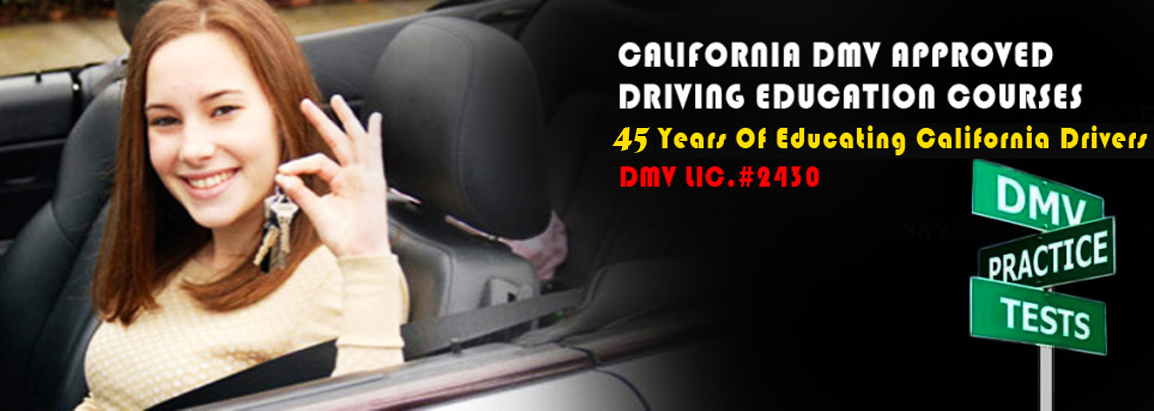WHAT TO DO AFTER A CAR ACCIDENT
What to do after a car accident
This time of year can be particularly hazardous — the combination of holiday traffic, bad weather, and extra distractions puts us all at risk for danger on the road. The team at Reviews.com offers these tips to help guide you through what to do if you’re in an accident.
Safety
1. Can I move without injuring myself?
After a collision, adrenaline is likely coursing through your veins and making it hard for you to truly listen to your body. Take an extra few moments to check in with all areas of your body, and be sure you’re 100% honest with healthcare providers. Not only is it crucial to heal fully, but what you say about your physical condition comes into play with insurance claims, too.
2. Is it safe for me to leave my car?
If your car is stopped in an unsafe area but you’re unable to move it, be sure to turn on your hazard lights to alert other drivers. It can be very dangerous to remain in a stationary car in a busy part of the road, so it may be wise to get out and put yourself out of danger, even if you can’t move your vehicle.
3. Was anyone else injured?
Check in with those who were involved in the collision to determine who else may need medical attention. You can ask who is injured without admitting fault — even saying something like “I’m sorry” can be taken as an admission of guilt and used against you in court.
Call 911
Call the police to report what happened and any injuries that may require medical help. Some states require you to report accidents which cause an injury, so reporting by default is often a safe choice.
Remember that the police are often the unbiased 3rd party who documents the incident — oftentimes their report is used to determine liability and ultimately, insurance claims.
Exchange Information
Maintain a police and neutral demeanor while collecting the following information from other drivers:
Name
Insurance Information
Contact information (only if they don’t give you their insurance information)
Remember to take notes on the conversations you’re having while on the scene. Names and contact information of witnesses, claims adjusters, and even police officers may come into play down the road.
Document Everything
If it’s safe to do so, take photos of the damage to your car, other vehicles and property, license plates, and the surroundings that can be used to help your insurance understand what happened. Details like skid marks, paint transfer, and shards of glass can all be helpful.
These photos should stay private: posting on social media is an open invitation for lawyers and insurance companies to undermine your claims.
Write down your account of everything that happened as soon as you can, even the most obvious details can get fuzzy hours after a collision.
File a Claim With Your Insurance
Sometimes this requires a phone call, other times it may be as easy as using an app to upload images of the incident.
Consider Hiring a Lawyer
Just after a collision, the other driver’s insurance adjusters may call you to get a statement. Anything you say can be used later on, so a lawyer can help ensure your story remains consistent (and can’t be used against you later on).
Don’t rush into a settlement. Adjusters may seek to relieve their client of fault by offering an immediate settlement of $500 or $1,000. Oftentimes these offers come with legal messaging that prevents you from pursuing the claim further if/when the true extent of your injuries arises.
Check out the original article for more information and a handy printable to stash in your glovebox: https://www.reviews.com/research/what-to-do-after-a-car-accident/
On the Road 2.jpegOn the Road.jpegTraffic Jam.jpeg




No comments yet.